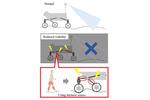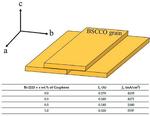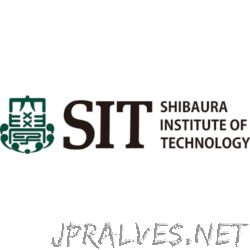Other

“Researchers take inspiration from muscles in the human body to develop a system that helps unmanned rovers detect slip condition Planetary rovers, which help humanity explore other planets, can deviate from their targeted paths or get stuck due to slipping …

“Researchers use a new synthesis method for Bi-2223 high-temperature superconductors and explore the effects of graphene addition on its superconductivity High-temperature superconductors such as Bi-2223 are known to suffer from limitations such as weak critical current density and weak magnetic …
News Towards Efficient Lithium–Air Batteries with Solution Plasma-Based Synthesis of Perovskite Hydroxide Catalysts

“With global warming on the rise, it has become imperative to reduce fossil fuel dependency and switch to alternate green energy sources. The development of electric vehicles is a move towards this direction. However, electric vehicles require high energy density …

“Scientists show ultrasonication is a cost-effective approach to enhance the properties of magnesium diboride superconductors Although magnesium diboride (MgB2) is an interesting superconductor made from abundant materials, increasing its critical current density through easily accessible means has proven challenging. In …

